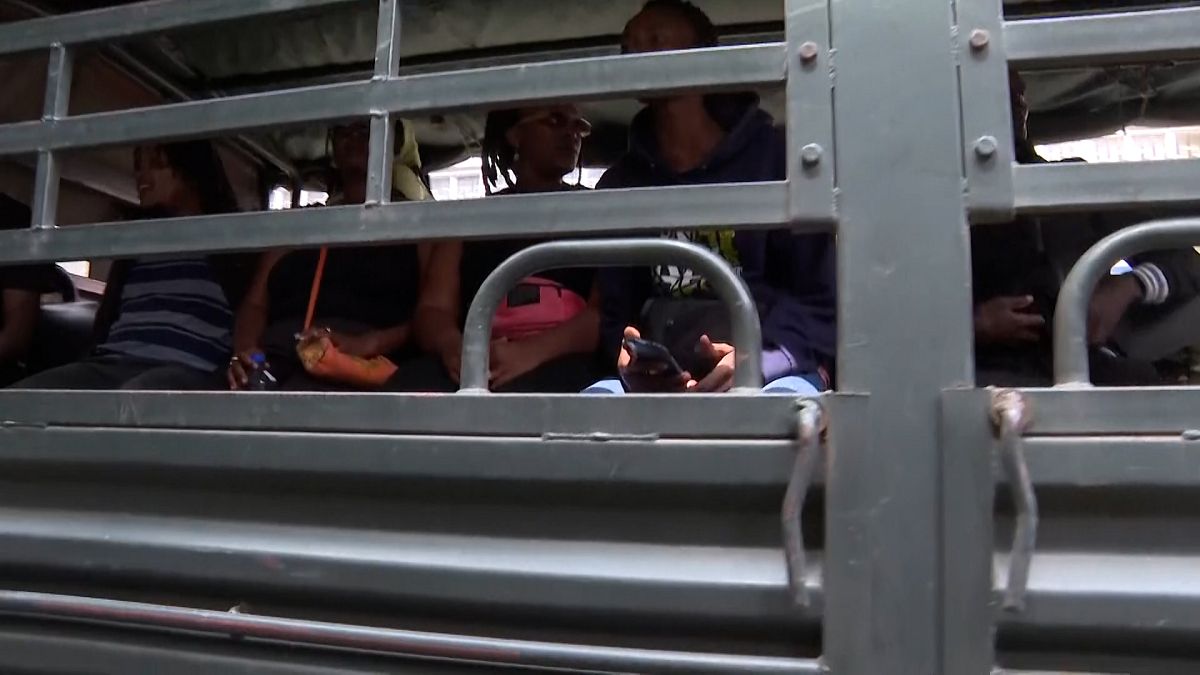Recent events in a certain country have stirred up controversy and activism, as civil society groups pledge to continue their demonstrations despite arrests. The police have even resorted to using tear gas to disperse the crowds, which has had a negative impact on local businesses. However, in a positive turn of events, following a meeting with President William Ruto, some tax proposals that were causing uproar have been dropped or amended. Nevertheless, opposition leader Kalonzo Musyoka has warned of weekly protests if the bill in question is passed as initially proposed. The bill is set for debate starting on Wednesday, with a vote scheduled for Monday.
The ongoing situation in the country has sparked a wave of resistance from civil society groups who are determined to make their voices heard. Despite facing arrests and police intervention, these groups remain steadfast in their commitment to continue with their demonstrations. The use of tear gas by the authorities to disperse protesters has not only raised tensions but has also had adverse effects on local businesses, further exacerbating the situation.
However, amidst the chaos and unrest, there have been some signs of progress. Following a meeting with President William Ruto, it has been reported that certain tax proposals that were particularly contentious have been either dropped or amended. This development indicates a willingness on the part of the government to address the concerns raised by the protesting groups. Despite this positive development, the opposition leader, Kalonzo Musyoka, has issued a stern warning that weekly protests will ensue if the bill is passed in its current form.
As the debate on the bill is set to commence this Wednesday, all eyes are on the legislators who will be deliberating on the proposed legislation. The outcome of this debate will have far-reaching implications for the future of the country, as it will determine the fate of the controversial bill. With a vote scheduled for Monday, the tension and anticipation are running high as the country braces itself for the decision that will shape its socio-political landscape.
The protests and demonstrations in the country are a clear indication of the growing discontent among the populace regarding the proposed bill. The government’s response to the protests, including the use of tear gas, reflects the escalating tensions between the authorities and the demonstrators. Despite the challenges and risks involved, civil society groups remain resolute in their determination to push for meaningful change and resist the passing of the bill in its current form.
In the face of mounting pressure from various stakeholders, including civil society groups and opposition leaders, the government is being urged to heed the calls for dialogue and reconsideration of the contentious bill. The outcome of the upcoming vote on Monday will be a critical moment for the country, as it will test the government’s commitment to addressing the legitimate concerns of its citizens. The coming days will be fraught with uncertainty and tension as the nation awaits the decision that will shape its future trajectory.


























